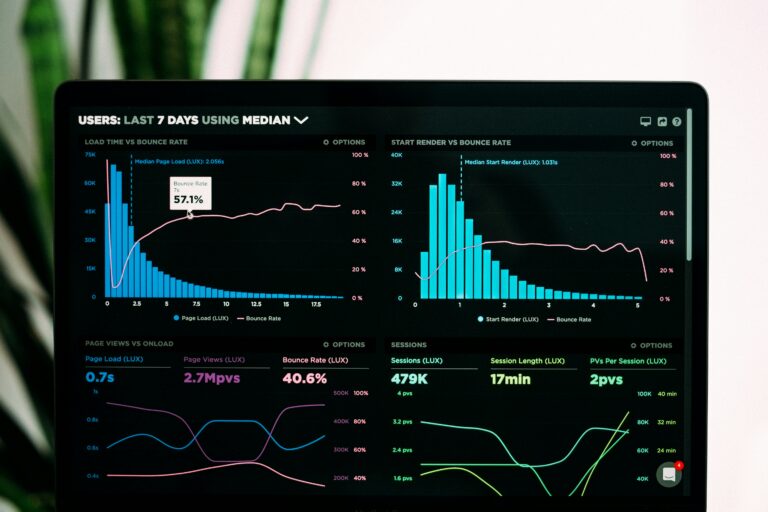
I speak to many young Ghanaians, and I realize that most of them are unaware of how to manage their finances effectively.
They lack basic financial literacy skills, and some even avoid the money conversations altogether. That tells me some of them are going to make the same money mistakes that too many people make.
Some of these mistakes stem from total ignorance about how money works. If only ignorance were an excuse!
But no, it isn’t. And you could suffer unforgiving consequences, sometimes going all the way to retirement. By that time, it would be too late for many.
That’s why I’m shedding light on some common money miscues most of us are prone to making.
When it comes to money, no one is perfect
I won’t pretend I have never made any financial mistakes. That would be untrue. I’ve probably made worse than some of the points in this article.
By no means do I condemn you for making similar mistakes. But when I speak to people, I can’t help but notice these common trends running through their catalogue of money mistakes.
It takes little expertise to realize that if they continue on that track, it will spell financial doom. That’s why I’m highlighting these points so that you can learn from them and not repeat those same mistakes that could ruin your financial fortune.
Here goes:
A sudden splurge when a windfall comes along
Occasionally, we all get a windfall, AKA unexpected money that lands in our laps.
For example, you could land a major contract on your side gig. Even an end-of-year bonus could qualify as a windfall.
Since it is usually not money hard-earned, many people are more likely to spend it as fast as it came in, but that’s not always the best way to spend that windfall.
At best, you can invest it or put it in your emergency fund. Or at least part of it can do that. That approach is way better than blowing it on unplanned expenses. And before you know it, all the money is gone.
A complete fear of spending money
Many young people have wrong money ideas. Some believe that beyond spending on essential needs, every other expense counts as a waste.
Some even skimp on essentials, like healthy eating or decent housing. That’s especially bad when you have the means to do that.
Usually, those behaviours may stem from money beliefs people picked up when they were growing up. Maybe, genuinely, they grew up poor in a typical Ghanaian village and had little to spend.
But it’s time to break that mindset and find some balance between spending and saving.
For example, you can reward yourself with a nice treat if you achieved – or came close to achieving – your financial goals. That’s an incentive to help you hit your goals the next time around.
Not embracing risk management
Life is full of uncertainty, and it’s expensive without risk management. One of the best risk management systems is insurance. Thankfully, the law mandates everyone who owns a car to insure it.
In the event your vehicle is damaged in an accident, your insurance helps cover some of the expenses. The terms and conditions will spell out your coverage and benefits.
But that’s only one example of risk management.
Health insurance is also another way to manage one of life’s highest risks, ill health.
Many people are a health condition away from emptying their savings accounts (sometimes there’s none). For others, the death of a loved one is all it takes to push them over the edge into financial difficulties.
Always ensure you have a basic insurance policy for some of life’s uncertainties. But before you do, read the fine print before you sign up for any policy.
Not learning enough about compounding
Compound interest is a powerful tool in the world of finance. It’s a two-edged sword that can work for and against you. It works for you when you invest your money for it to earn interest.
Over time, you compound the principal and interest, earning more interest. And the cycle continues.
The same principle applies to some loans, especially from smaller money lending companies that prey on unsuspecting and uninformed borrowers.
They sometimes set their interest rates at a rate that compounds monthly.
For the uninitiated, it may appear cheap. But do the math, and you would realize that compound interest is working hard against you.
It will help you a great deal to learn about how compound interest works, and how you can effectively work with it or avoid its biting consequences. That will help your finances immensely.

Not reviewing your finances
Many young Ghanaians don’t review their financial goals. At best, they set some vague goals at the start of the year, say I want to be richer, and that’s it.
We all know how many New Year’s resolutions go (forgotten after two weeks).
That’s a mistake you can’t risk making, especially concerning your finances. If you don’t review your finances, how can you know what’s working and what’s not?
At the end of every week, month, or at a minimum, quarterly, make it a point to review your financial performance. Check to see how much your bank charged you in fees, how much you spent on mobile data, fuel, or other expenses.
You will realize that you need to allocate more money to some areas and cut spending elsewhere. You will also paint a clearer picture of your finances, especially as you compare them to previous months and quarters.
It’s easier to spot trends and outliers, too.
When you actively review your finances periodically, you can make better financial decisions.
Failing to learn more about investing
Ask the average young Ghanaian what they know about investing, and they’ll be quick to tell you government treasury bills.
Yes, that’s a safe investment any Ghanaian can make. But given the falling yield rates in 2025, treasury bills are no longer an attractive investment option. Thankfully, there’s more to investing than treasury bills.
How do you take advantage of the many other investment vehicles if you know next to nothing about them and how they work? Investing isn’t only the preserve of finance professionals.
If you want to make money, you also know that investments are one way to get there.
That means you need to learn about the other investment vehicles available. And really, look beyond the traditional theoretical options, including stocks, bonds, or real estate.
The latter is especially capital-intensive, and as a real estate professional, I know how difficult it is.
Instead, you can look at many “unconventional” investment paths like agriculture, starting a business, or trading. No, these are often not straightforward. But they’re just as rewarding as the traditional investment options.
Deliberately learn about their risk profiles, the learning curves, and growth potential.
Knowing these numbers will expose you to a wide suite of investment options. And that will set you in good standing when you decide to invest.
Money mistakes are some of the costliest ones you can make. Yes, you can lick your wounds and course correct. But some could leave you in a deep financial hole that will take you years to climb out of. And the effects could be devastating.
That’s why you can’t stay in neutral mode. Aggressively learn about how money works by educating yourself.
It’s worth the time, money, and energy it takes you to get on the right path.



Leave a Comment